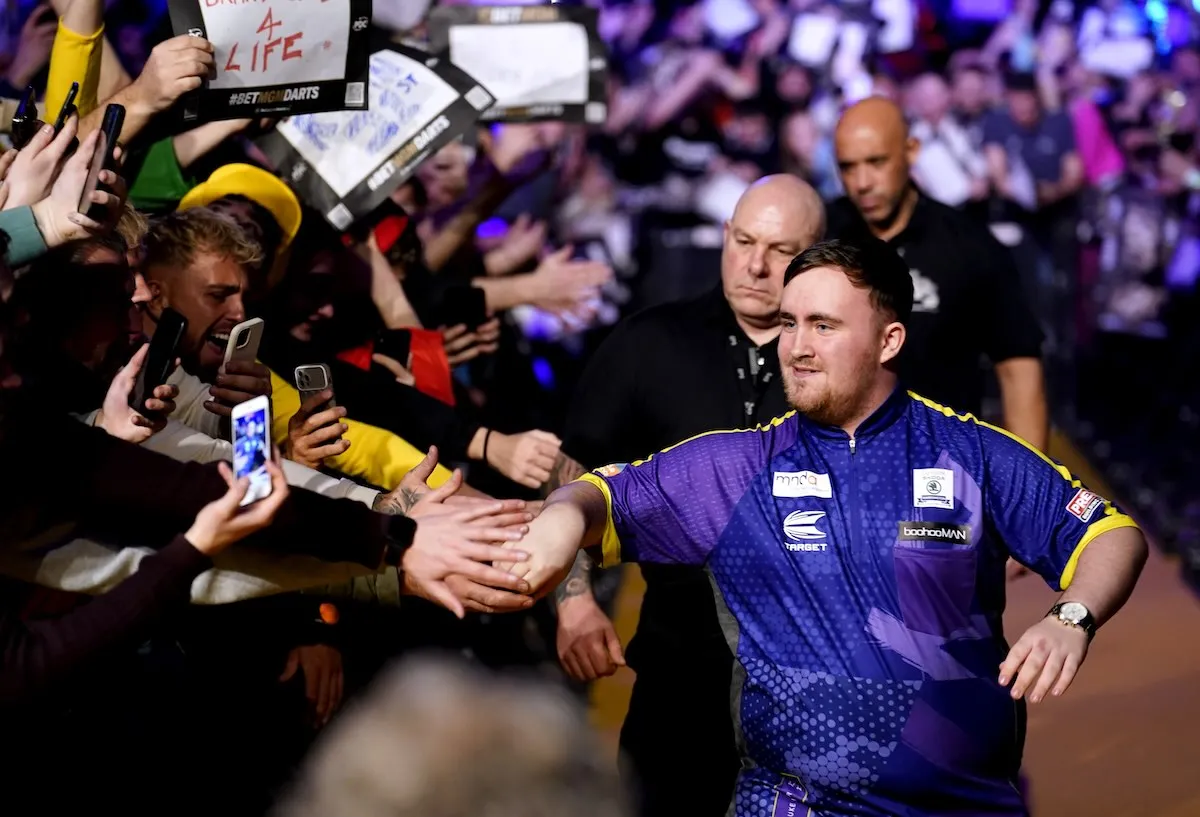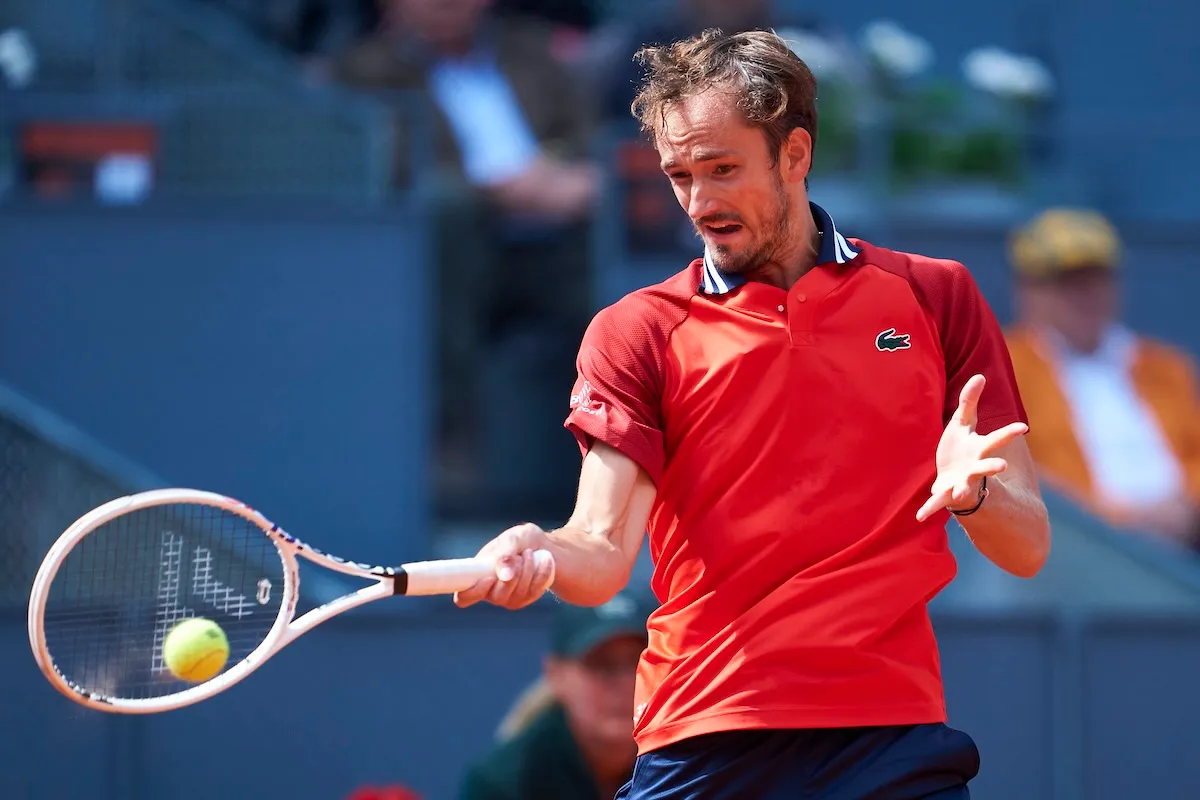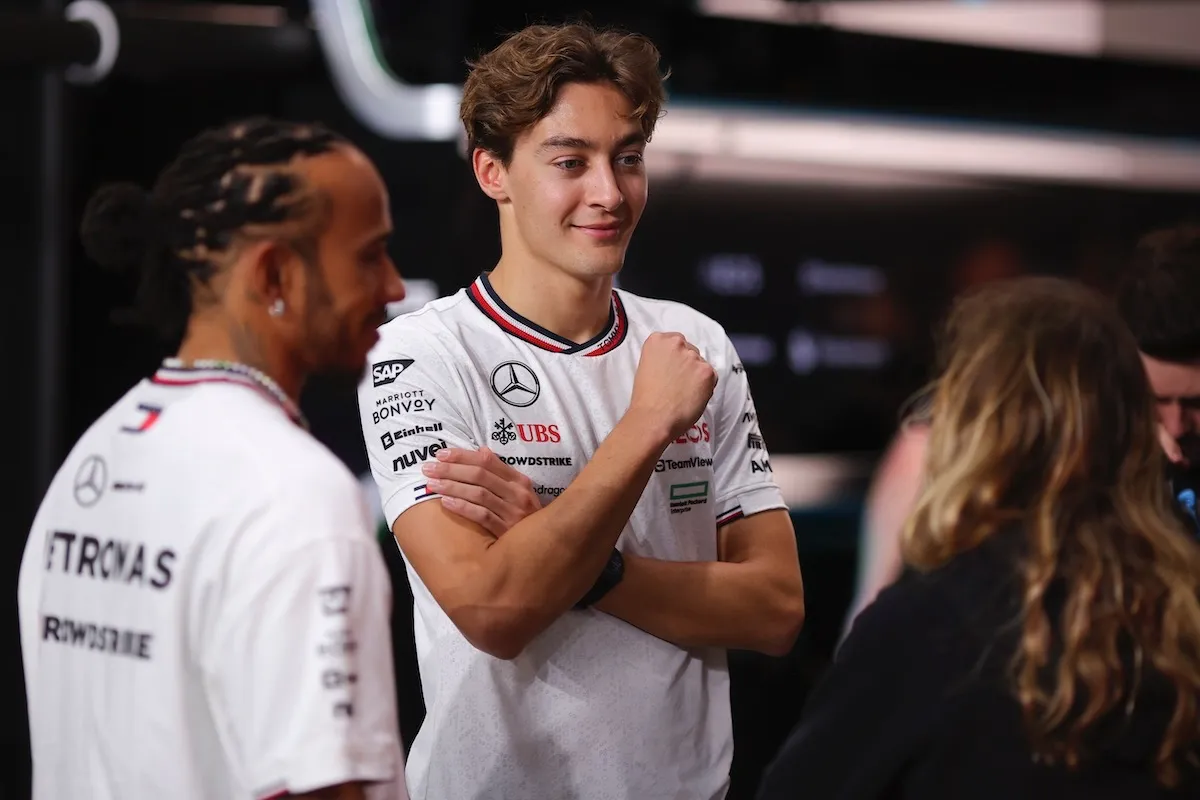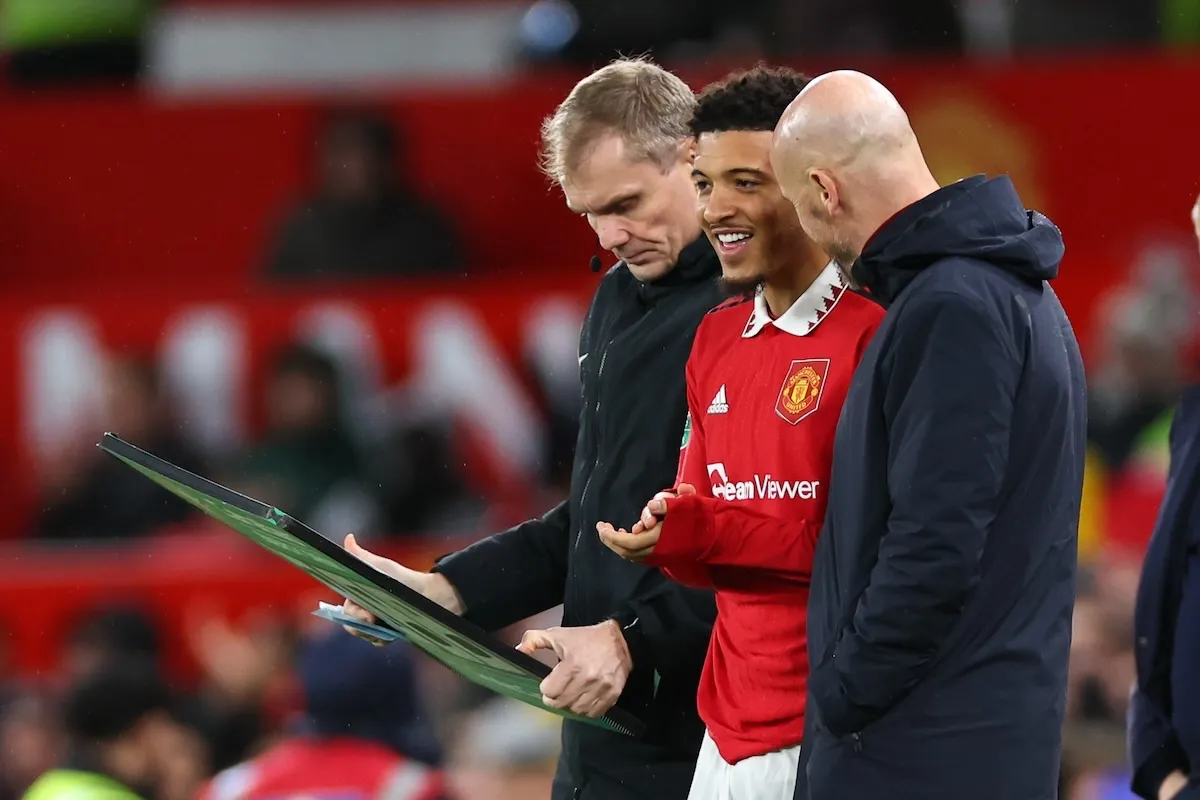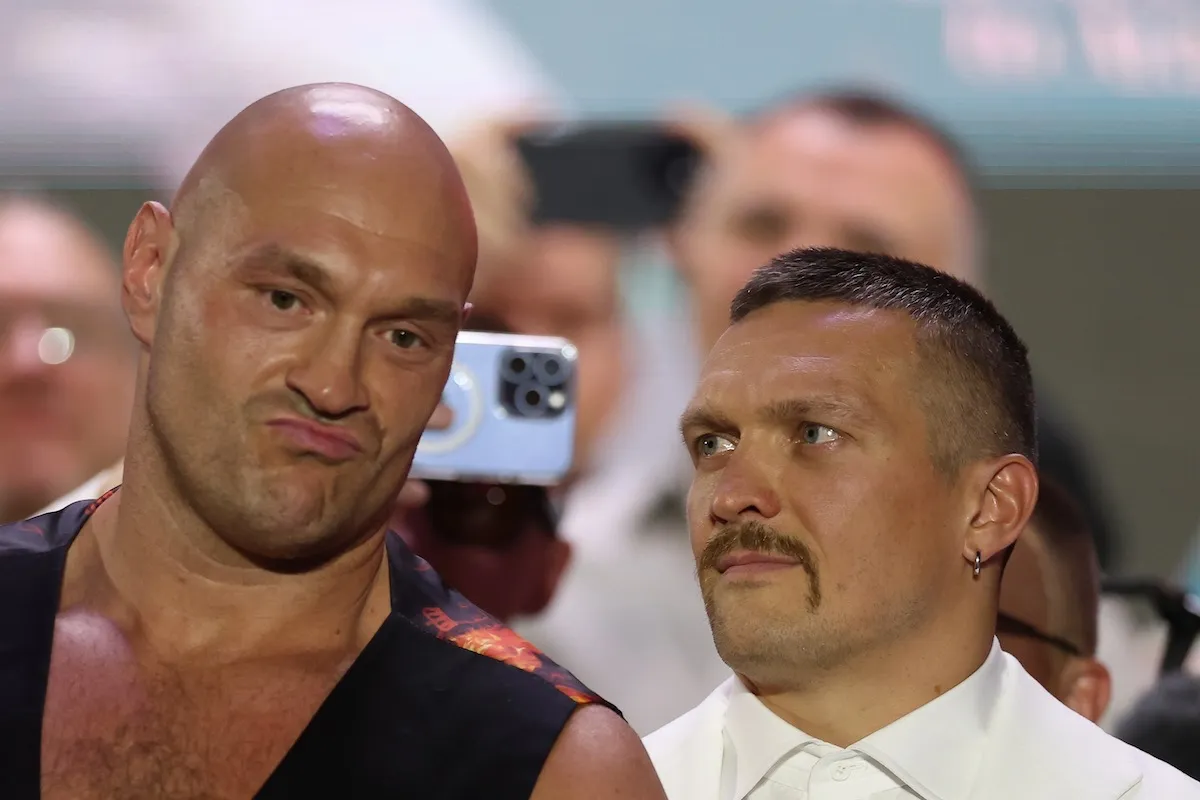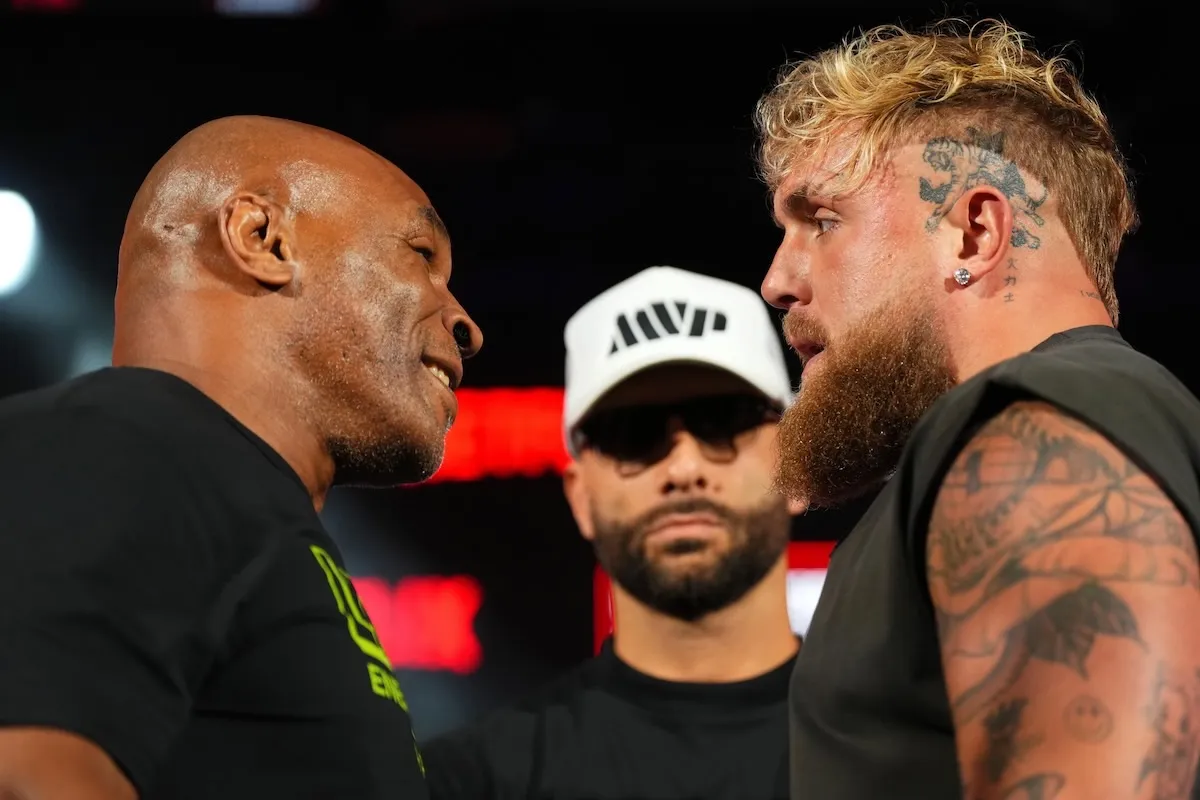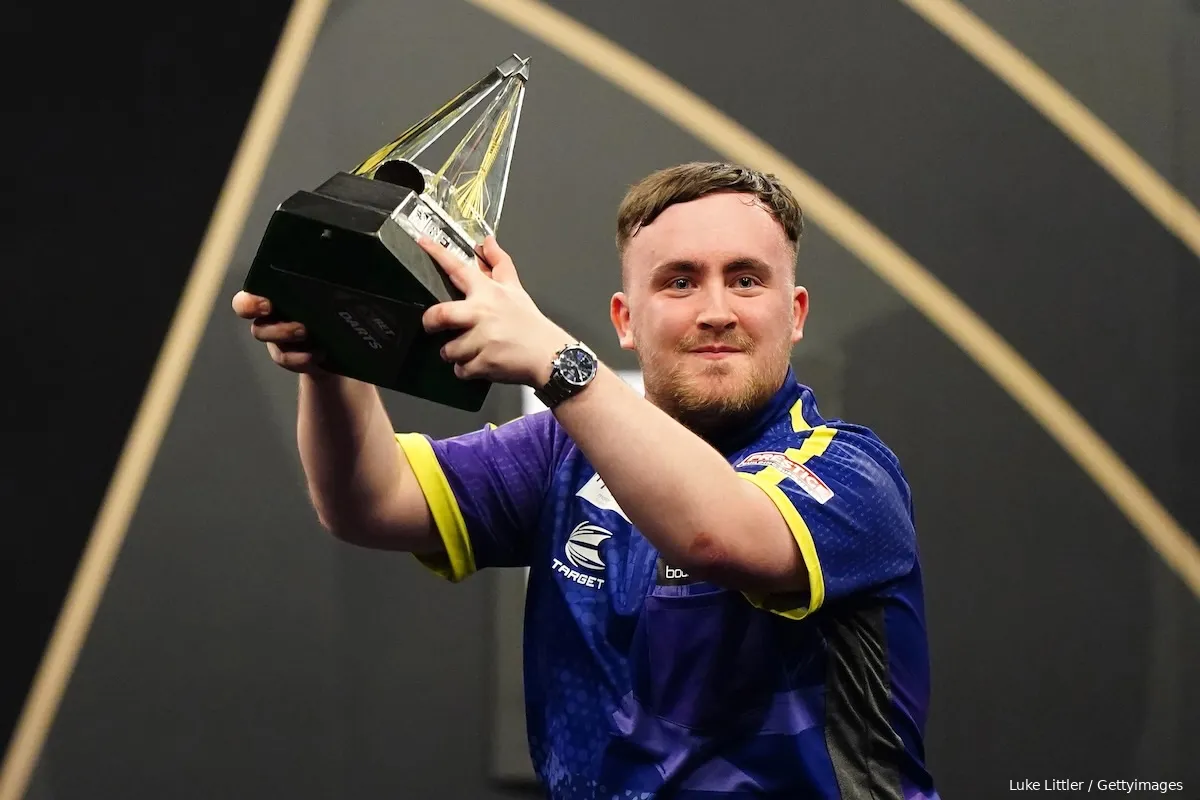
Rule change for teen sensation Luke Littler could trigger player boycott
byNewsroom
Luke Littler, a rising star in the darts world, may inadvertently spark a 'player boycott' if the Professional Darts Corporation (PDC) decides to bend the rules to grant him a spot in the upcoming World Cup of Darts.
Littler, only 17, recently claimed a significant victory at the Premier League final, where he defeated Luke Humphries and even scored a nine-darter, cementing his status as a formidable competitor.
Despite this success, Littler remains ineligible for the World Cup due to his low ranking in the PDC Order of Merit, with England’s spots being filled by Humphries and Michael Smith.
Darts legend Dennis Priestley has voiced his opinion on the matter, suggesting that the PDC and Sky Sports could alter the selection process to include Littler, arguing that it would not generate much backlash.
However, Priestley warns that such a move could lead to significant player unrest and even a potential boycott.
Read also
He likened the situation to the controversy surrounding Raymond van Barneveld’s expedited entry into the Premier League after transitioning from the BDO, which also faced player resistance.
Littler himself has acknowledged his exclusion, accepting the established ranking rules and expressing confidence in Humphries and Smith to perform well.
Nevertheless, Priestley believes the PDC is eager to capitalize on Littler's growing popularity, particularly in the United States, where darts have yet to achieve significant traction.
He suggests that Littler could be pivotal in breaking into the American market, despite previous unsuccessful attempts.
Priestley also predicts a bright future for Littler, anticipating that the young talent will break numerous records, including the one for the most televised nine-darters, currently held by Phil Taylor with eleven.
Littler's next opportunity to showcase his skills on a major stage will be at the World Matchplay in Blackpool this July.
The controversy surrounding Littler's potential inclusion in the World Cup highlights the tension between maintaining traditional meritocratic selection processes and the commercial interests driving the sport’s expansion.
Most Read
